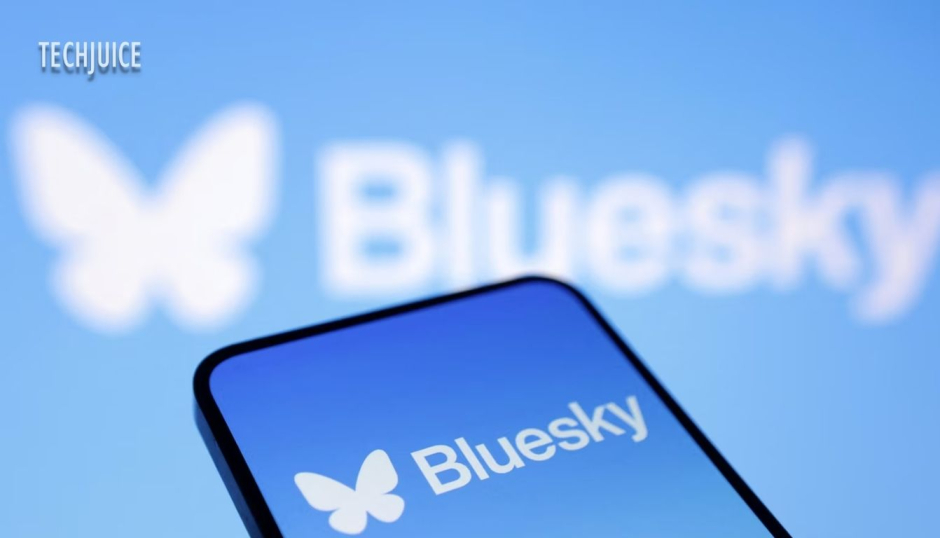Amid widespread dissatisfaction with Elon Musk’s changes to X, users are increasingly turning to Bluesky. Known for its inclusive environment and ad-free approach, Bluesky is quickly gaining traction as a preferred alternative.
Bluesky, founded by former Twitter CEO Jack Dorsey, initially operated on an invitation-only model but opened to the public in February. It is characterized by direct messages and a timeline, similar to X, but it emphasizes a more exclusive user experience.
By mid-November, Bluesky’s user base reached 15 million, up from 13 million in October. This growth was the result of numerous controversial changes on X, such as the dominance of a policy that granted blocked users access to public content and the fact that many users were in quest of alternatives.
The migration trend commenced earlier in the year when X was banned in Brazil, resulting in the migration of 2.6 million new users to Bluesky. Of these, 85% originated from Brazil. Recently, the platform has also drawn the attention of journalists, celebrities, and left-leaning politicians who are seeking an ad-free environment that is reminiscent of Twitter’s early days.
Although Bluesky’s user growth is noteworthy, its objectives surpass mere substitution for X. The platform is in the process of creating an “interoperability protocol” that will allow users to establish connections across various social networks, thereby challenging the ad-driven, closed ecosystems of major tech companies.
X maintains a positive outlook regarding its involvement in global discourse, particularly in the context of significant events such as the U.S. election, despite this change.
However, Bluesky’s emphasis on user-driven connectivity and decentralization is establishing it as a forward-thinking platform, thereby altering how individuals interact with social media.











